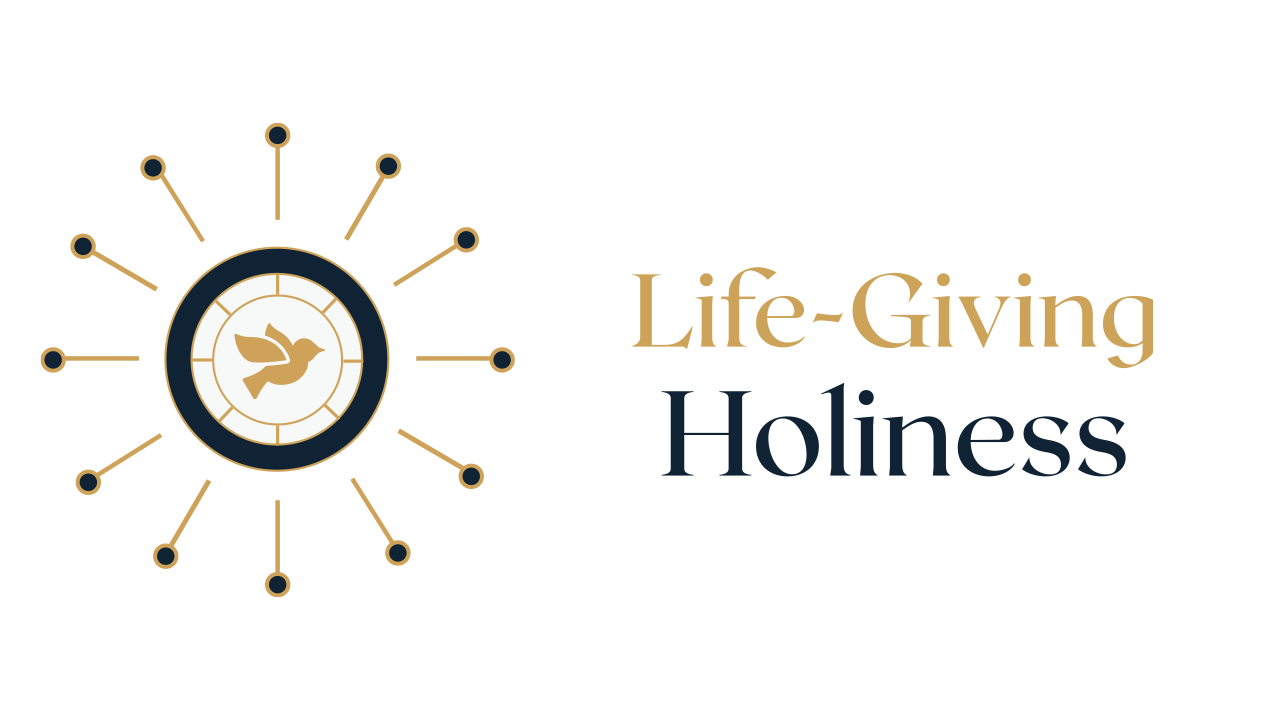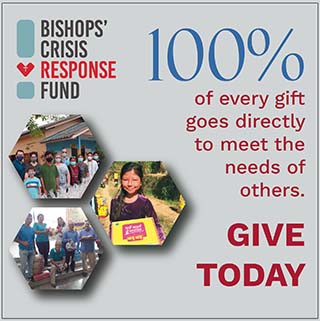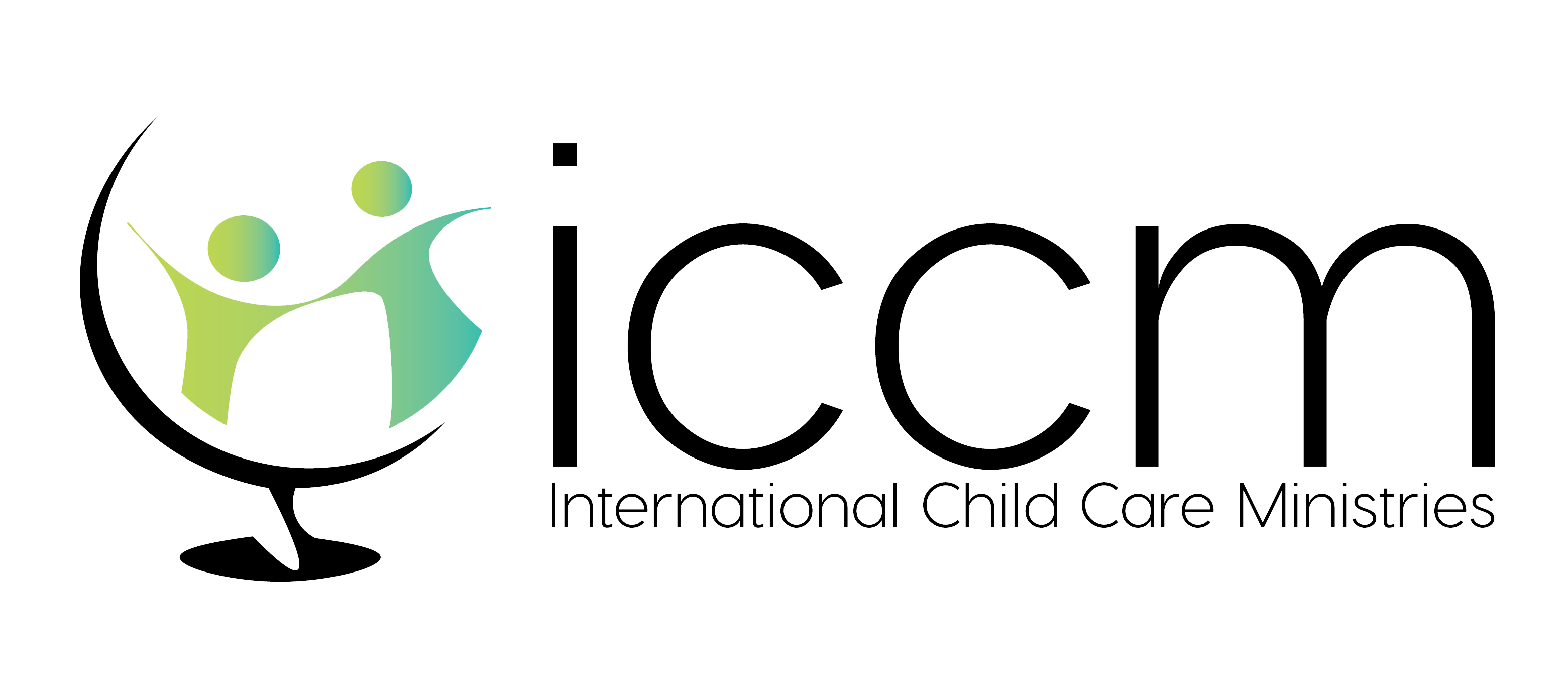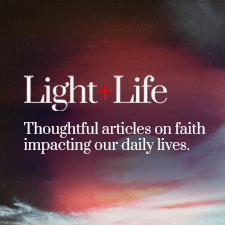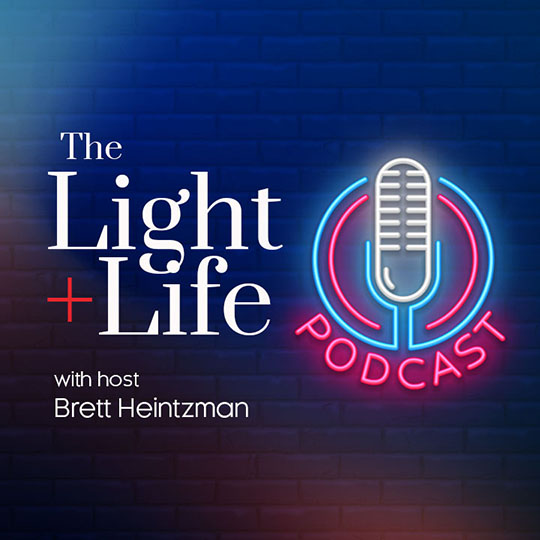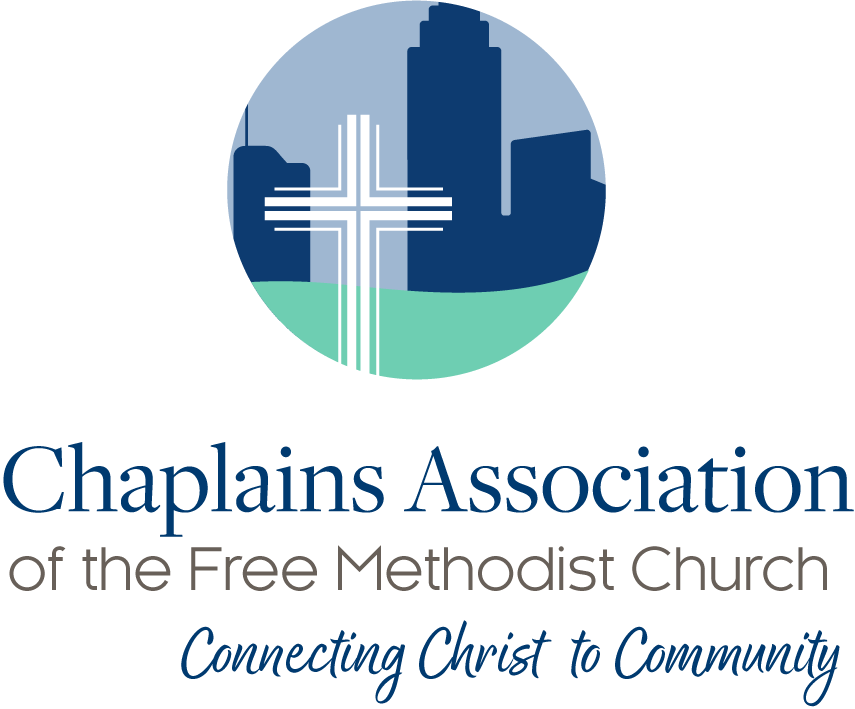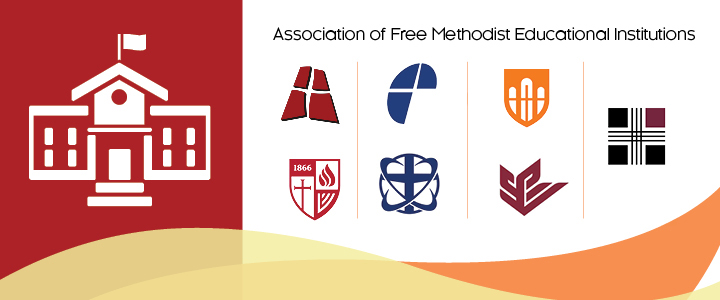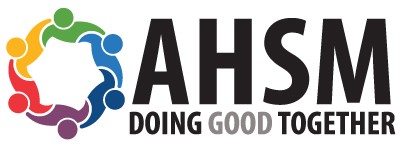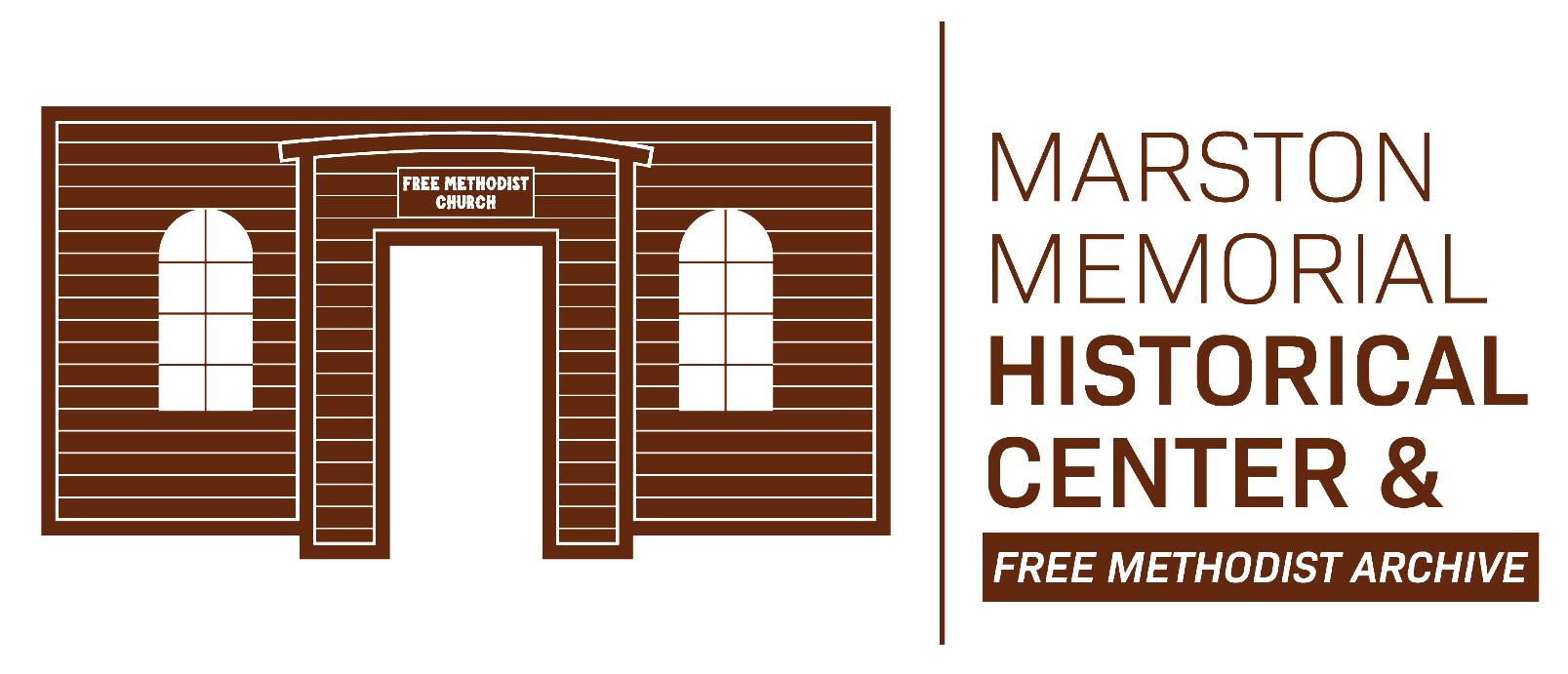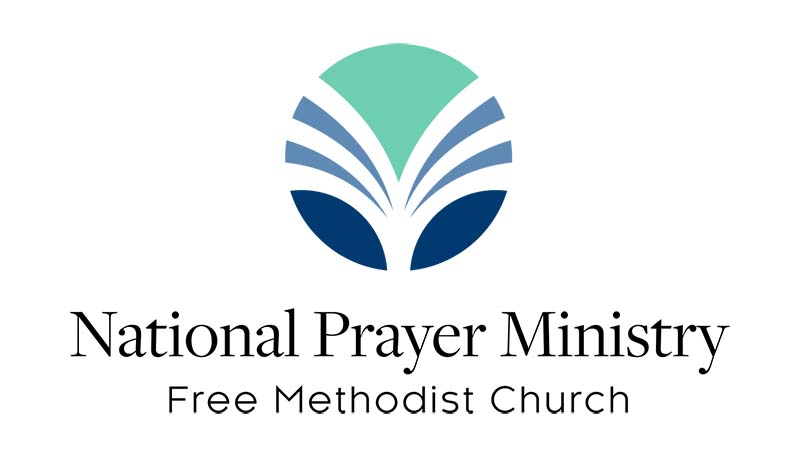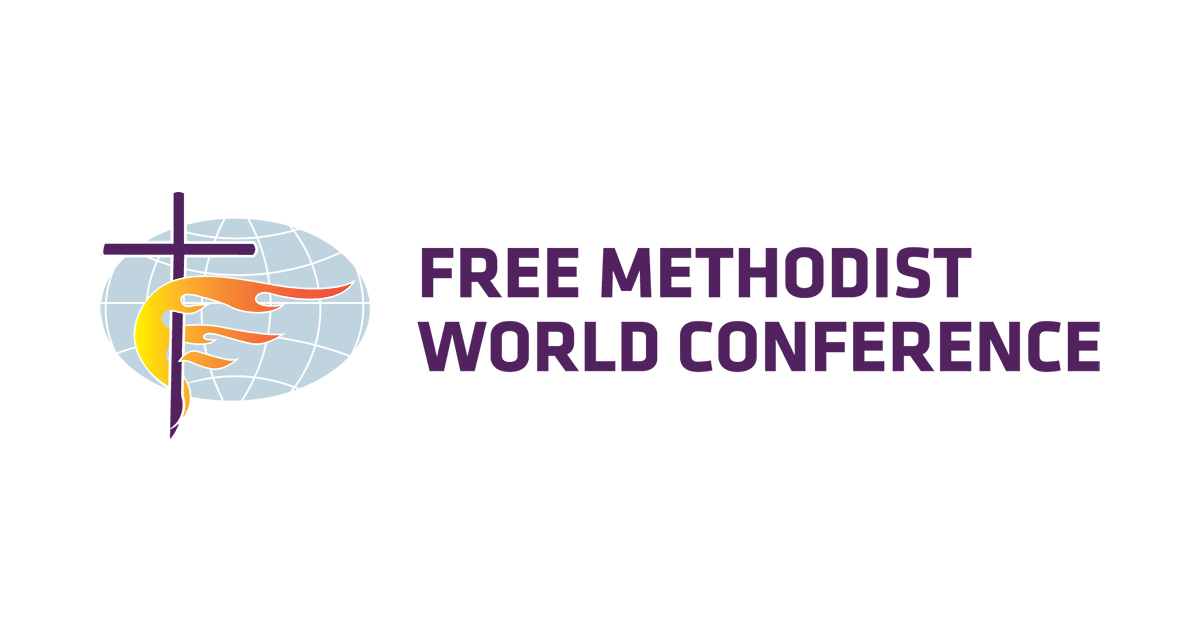Love God
Love the Lord your God
with all your heart
and with all your soul
and with all your mind.
This is the first and
greatest commandment.
(Matthew 22:37-38 NIV)
Love People
And the second is like it:
Love your neighbor
as yourself.
All the Law and
the Prophets hang
on these two commandments.
(Matthew 22:39-40 NIV)
Make Disciples
Therefore go and make disciples of all nations, baptizing them in the name of the Father and of the Son and of the Holy Spirit, and teaching them to obey everything I have commanded you. And surely I am with you always, to the very end of the age.
(Matthew 28:19-20 NIV)
Igniting a Spirit-Fueled Movement Worldwide
For every four Free Methodists in the United States, there are 96 in the rest of the world! God has ignited a global movement in the Free Methodist Church. Come and join us in that movement!
You are the Free Methodist Church
The church is you. You are the church.Without thousands of people just like you being the Body of Christ for the world, there is no Free Methodist Church. Click through to read more about the ways the church is impacting its communities for Christ.
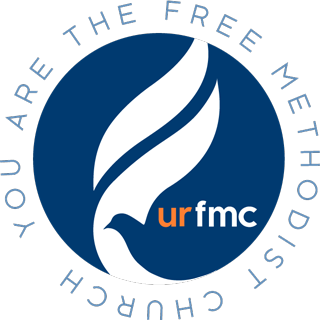
Free Methodist Global Ministries
Connect With God's Heart for the World
Free Methodist World Missions makes disciples by mobilizing the global church and empowering international leaders to establish transformational churches.
Bishops' Crisis Response Fund
Gifts are applied to the most pressing needs around the world.
Give Online to FM Global Ministries
Sponsor A Child, Change A World
ICCM is active in more than 30 countries. Sponsor a child for $38 a month and change a world. Hundreds of children are waiting.
Move In the Direction of Freedom
Free Methodist Ministries
Free Methodist Conversations
Articles intended to generate open, thoughtful, and respectful discussions on various present-day topics.
Free Methodist Educational Institutions
Seminaries, Universities, Colleges, and Schools
Association of Human Service Ministries
Providing faith-driven solutions to some of the most challenging concerns of our time. Serving as the hands and feet of Jesus Christ on behalf of the Free Methodist Church USA.
Marston Memorial Historical Center + Free Methodist Archive
Preserving Free Methodist heritage and transmitting it faithfully to each generation. Access online resources, historical e-books, peruse the collection, and subscribe to the newsletters.
Helping to create and sustain the passion and practice of intercessory prayer for local, regional and national transformation.



